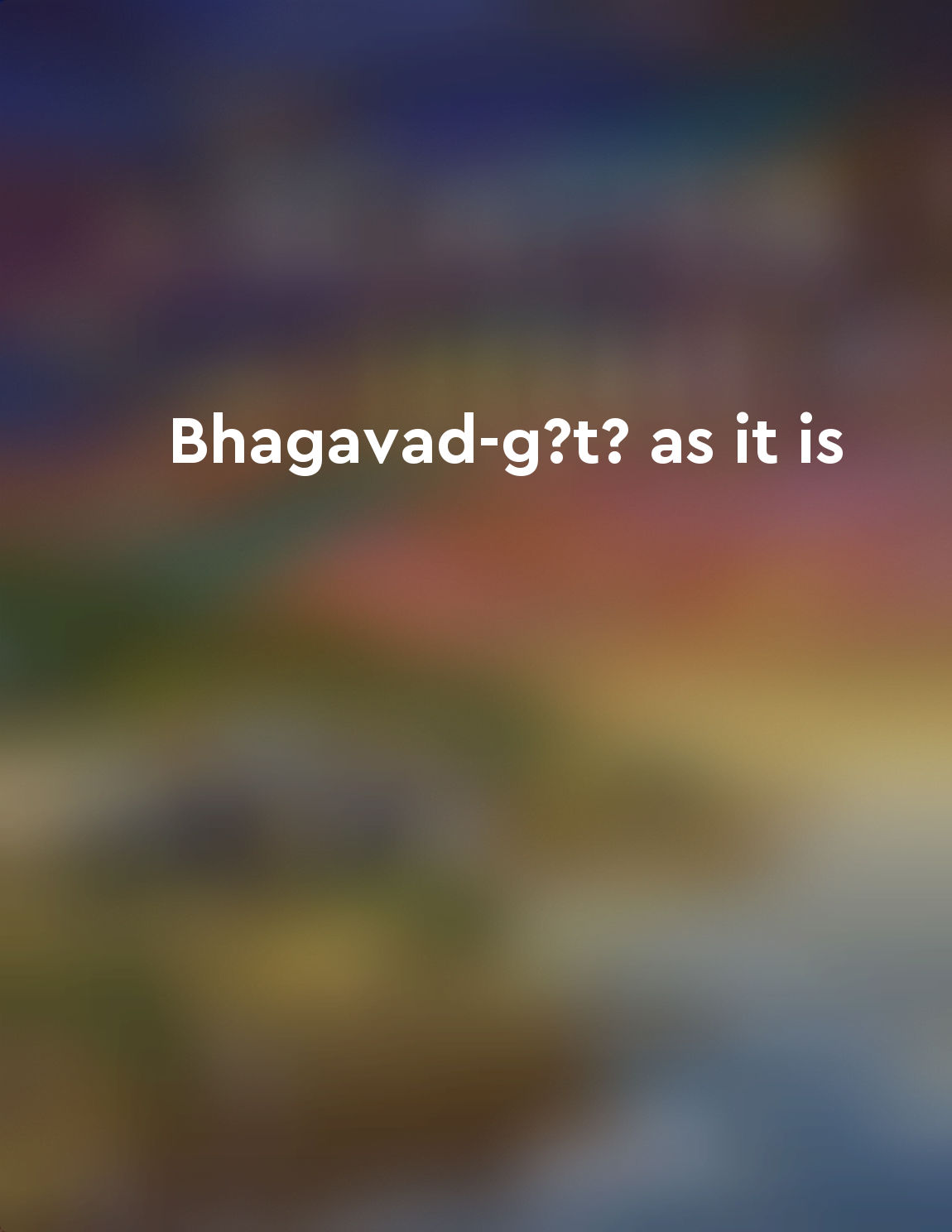Moral duty requires rational beings to act in accordance with universalizable principles from "summary" of Groundwork for the Metaphysics of Morals by Immanuel Kant
According to Kant, moral duty is something that rational beings are bound to fulfill. This duty is not subject to personal desires or circumstances, but rather to universalizable principles that can be applied to all rational beings. These principles are based on reason and are not contingent on individual preferences or situational factors. By acting in accordance with universalizable principles, rational beings are able to fulfill their moral duty and uphold the moral law. For Kant, rational beings are capable of understanding and following universalizable principles through the use of reason. This ability sets them apart from other beings and gives them the responsibility to act in accordance with these principles. Rational beings must use their faculty of reason to determine what actions are morally permissible and what actions are morally impermissible. By following universalizable principles, rational beings are able to act in a way that is consistent with the moral law. Kant argues that universalizable princi...Similar Posts
Justice as fairness
The concept of justice as fairness addresses the question of how society's basic structure should be organized in order to dist...
Intellectual inquiry should be guided by reason and evidence
In our pursuit of knowledge, it is imperative that we rely on reason and evidence to guide our intellectual inquiries. Without ...

The impartial spectator serves as a moral compass
In our pursuit of moral goodness, we often rely on an inner voice that acts as a guide, leading us towards what is right and ju...
Understanding the nature of the self
In the Bhagavad Gita, the concept of the self is a central theme that requires deep reflection and contemplation. The text emph...

The study of nature and reason will lead to a better understanding of the universe
The universe is a vast and mysterious place, filled with countless wonders and phenomena that have puzzled humanity for centuri...
Sentiment influences belief
In our daily experience, we often find that our beliefs about the world are influenced by our sentiments or emotions. When we h...
Actions judged by moral maxims
When we consider the moral worth of an action, we must not focus solely on the consequences or outcomes that result from it. In...

Importance of detachment
The concept of detachment is crucial in the teachings of the Bhagavad-gītā. Detachment does not mean renouncing the world and b...

The exploration of one's own nature is a key tenet of selfawareness
In the quest for self-awareness, one must embark on an exploration of their own nature. This journey involves a deep dive into ...

Wealth is useless if not earned with virtue
The wise say wealth gathered in ways lacking virtue
Is like a gemstone strung on a thread of straw.
Wealth not earned with vir...
